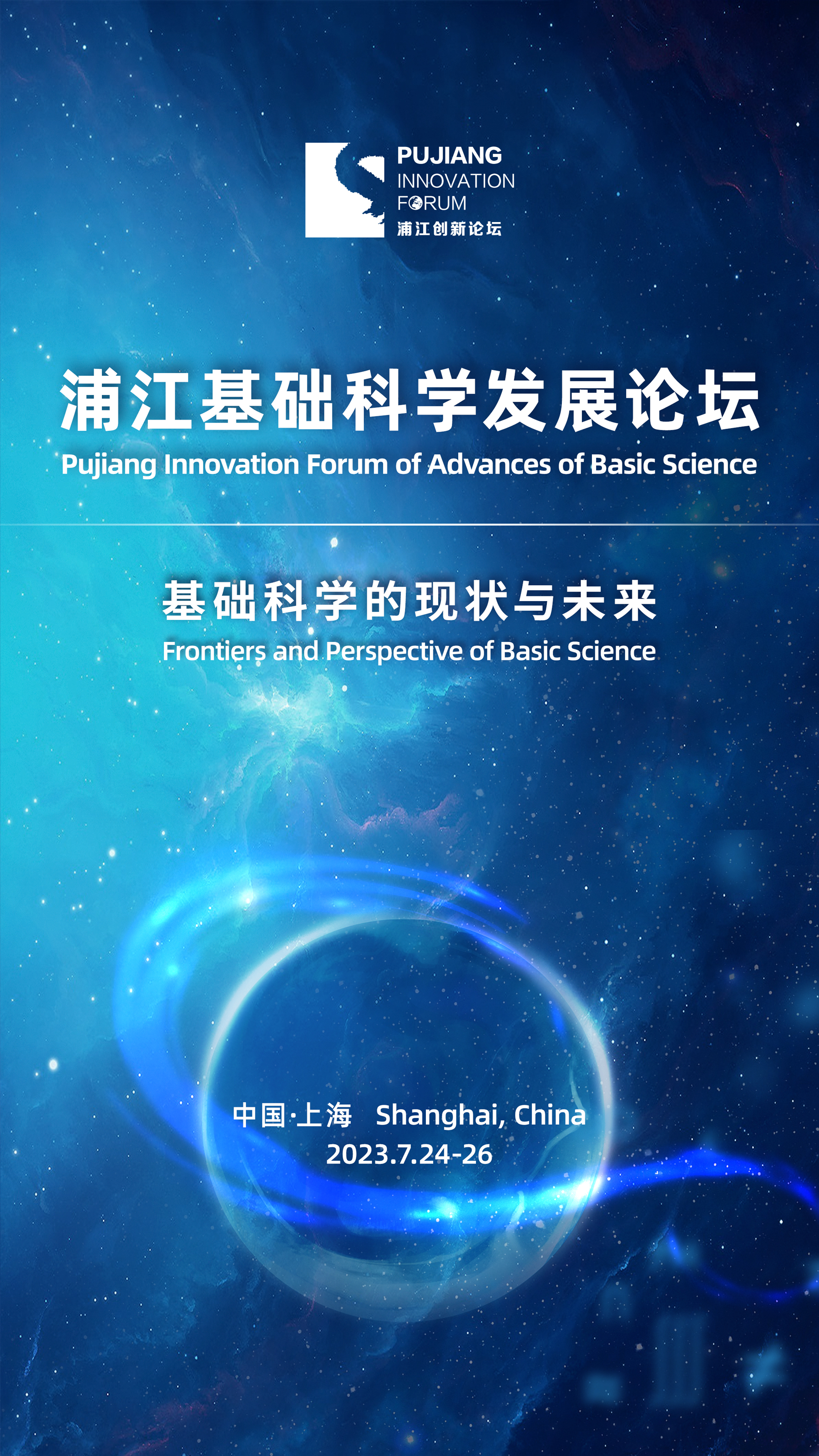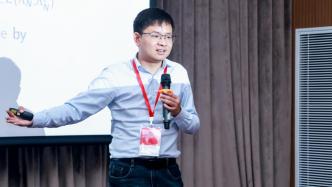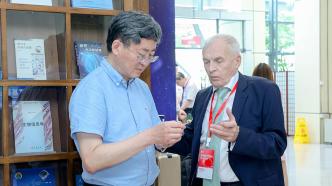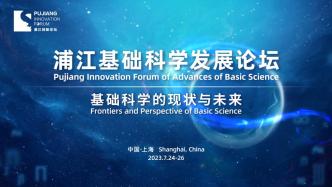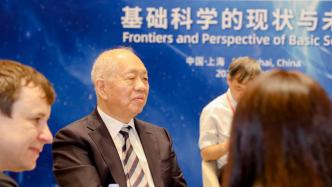
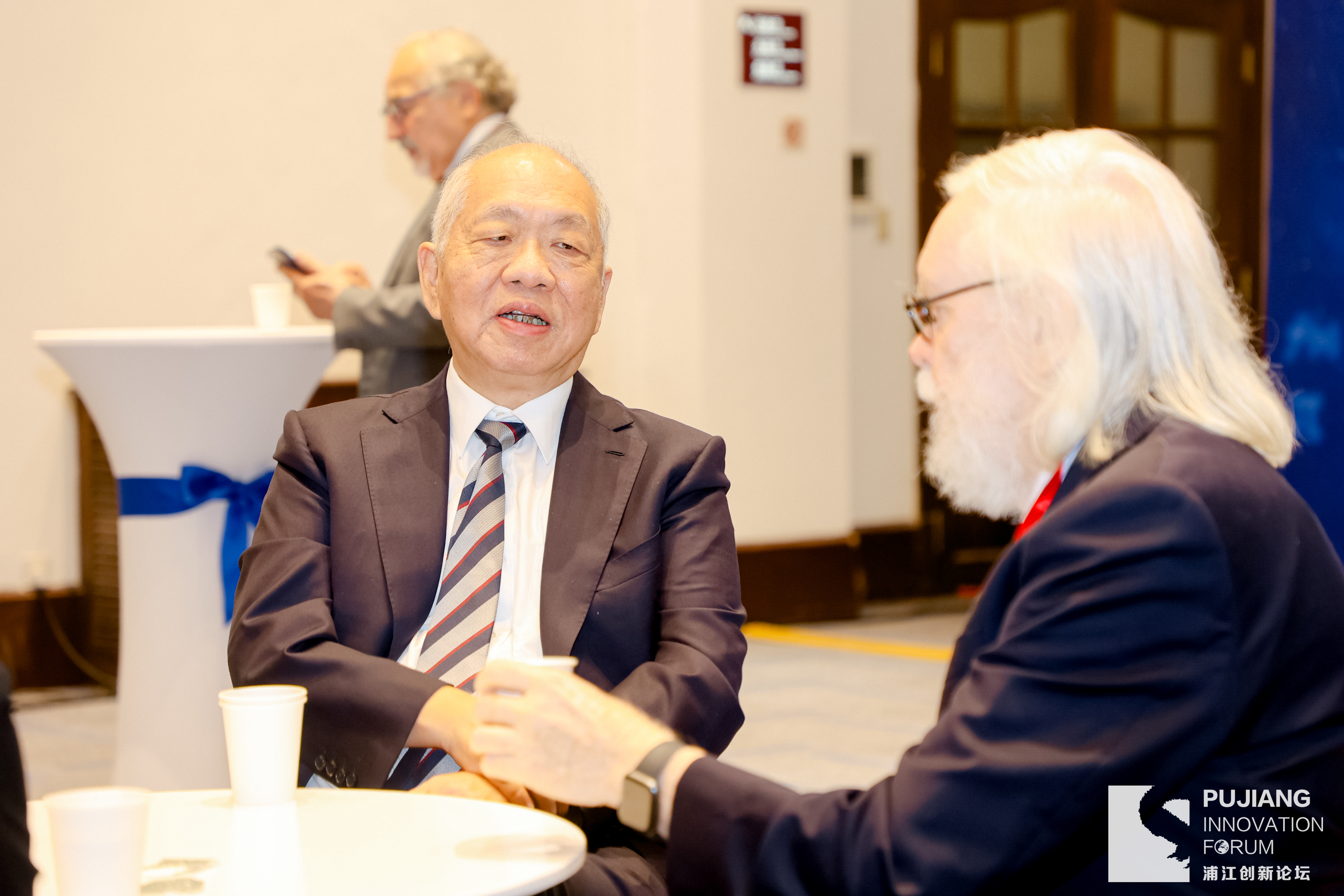
Qiu Chengtong, a world-renowned mathematician and dean of Qiuzhen Academy of Tsinghua University (left).
On July 24, the three-day Pujiang Basic Science Development Forum kicked off in the Shanghai Science Hall. Nearly 40 top scientists from home and abroad gathered around the theme of "the status quo and future of basic science" to seek innovation and discuss cooperation. Liu Duo, Deputy Mayor of Shanghai, and He Defang, Deputy Secretary-General of the Ministry of Science and Technology delivered speeches.
Emphasis on application, but also to promote the development of basic mathematics
Qiu Chengtong, a world-renowned mathematician and dean of Qiuzhen Academy of Tsinghua University, said at the opening ceremony that Shanghai will become a world center for basic research, especially mathematics research.
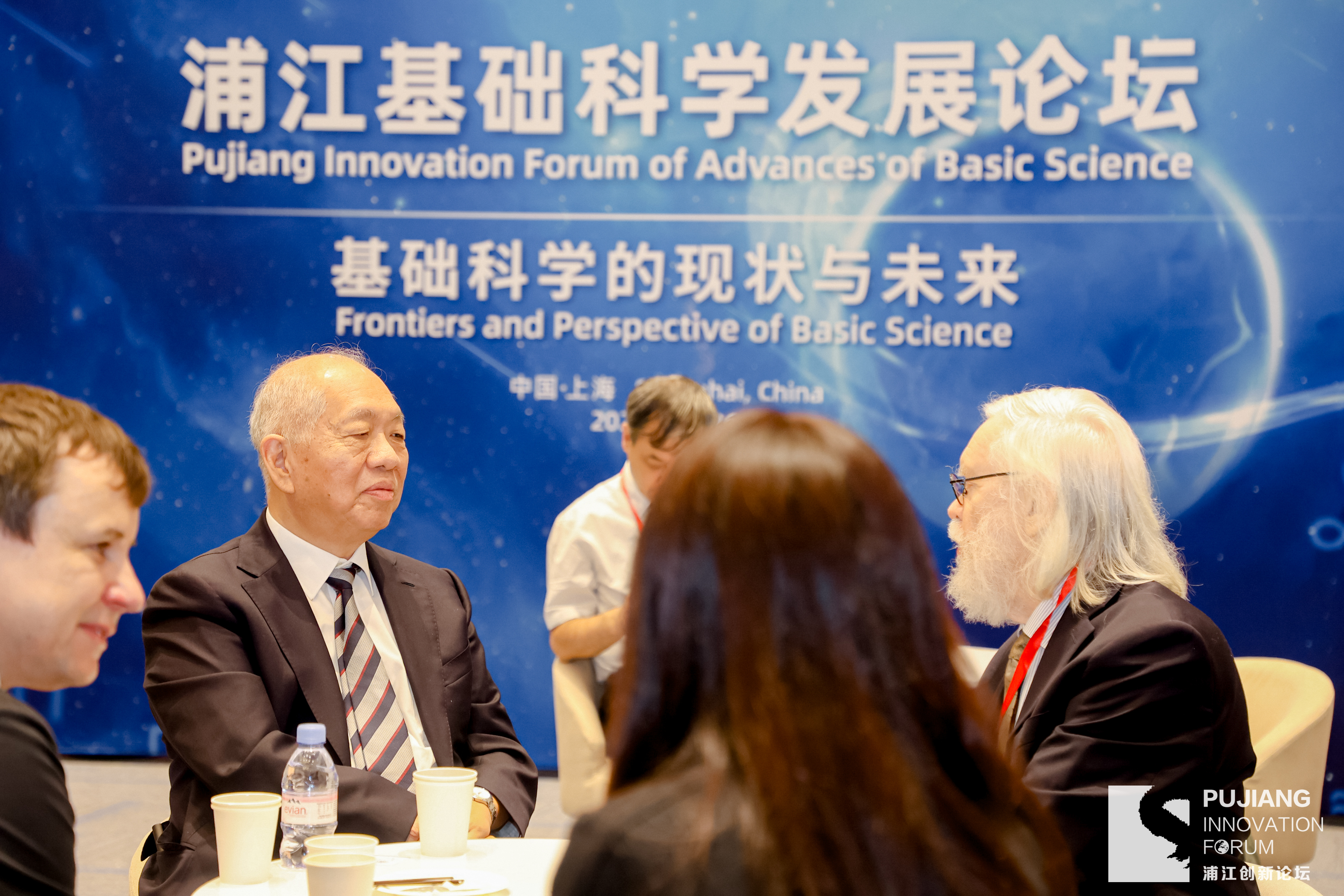
Qiu Chengtong, a world-renowned mathematician and dean of Qiuzhen Academy of Tsinghua University (second from left).
Qiu Chengtong said that today's scientific research is more and more intersecting and mutually beneficial, and mathematics is a basic subject that can intersect with many other subjects. In the past, mathematics and physics had many close intersections and exchanges, and continued to accelerate cooperation in fields such as condensed physics; today, more disciplines such as biology and medicine have begun to have "intimate contact" with mathematics, such as the collection and organization of useful data. It will strongly promote the research of biology and medicine, and mathematicians will have a lot to do in this regard. In addition, artificial intelligence, which has risen again in recent years, is of great benefit to both theoretical and experimental science, but its basic principles have yet to be studied in depth by mathematicians. "If the principles can be clarified, the application scope of artificial intelligence will be much larger."
Qiu Chengtong pointed out that to build a center of mathematics research, we should not only focus on the application fields of mathematics, but also promote the basic research of mathematics itself. "Without strong mathematical foundations such as number theory, algebra, and geometry, applications cannot be done. The development of interdisciplinary disciplines requires both disciplines to be strong." He took Beijing Yanqi Lake Institute of Applied Mathematics as an example. "In Yanqi Lake (Institute), 25% of the people conduct basic research, and 75% conduct applied research. Half of the projects that do applied research can be used in industries. At present, several projects can enter the stage of corporatization. From basic research to listed companies, we don't want to lack any content."
For basic research in Shanghai, Yau believes that the Yangtze River Delta has both a history of mathematics research and sufficient economic support, and should attract the best students and scholars from China and the world to come to Shanghai to study and do knowledge. "The key to basic research is the introduction of talents. Some important mathematical research starts in a dilapidated room, and gradually becomes a world-class achievement." Qiu Chengtong said that Shanghai should actively create an environment suitable for learning, so that scholars can develop their own knowledge.
Create an environment for Shanghai to continue to develop basic research
Focusing on the goal of building a global science and technology innovation center, Shanghai has continued to create an environment suitable for basic research in recent years, just as Yau Shing-Tung suggested.
In terms of promoting the development of basic sciences such as mathematics, physics, and life sciences, Shanghai has gathered a group of high-level, research-oriented universities and scientific research institutions such as Fudan University, Shanghai Jiaotong University, Shanghai Institute of Organic Chemistry, Chinese Academy of Sciences, Tsung-Dao Lee Institute, and Shanghai Mathematical Center. The national laboratory led by the establishment has completed high-quality orbital operation. There are 15 major scientific and technological infrastructures that have been built or are under construction. We will accelerate the construction of high-level innovation platforms such as national basic innovation centers and new R&D institutions, and gather and cultivate top talents for cutting-edge scientific exploration.
At the same time, Shanghai takes the construction of a special zone for basic research as an entry point, continuously optimizes the topic selection mechanism, support methods and evaluation management system, provides long-term and stable support to scientific researchers, and takes the lead in implementing the financial research project funding contract system in Shanghai Natural Science Foundation projects and some talent projects, giving scientists greater autonomy.
After the opening ceremony, a number of experts, including two Fields Medal winners, introduced the cutting-edge progress in relevant scientific research fields, shared their academic experience and scientific research experience, and offered advice and suggestions on Shanghai's promotion of basic research in their reports. On the 25th and 26th, the participating experts will also participate in sub-forums.
